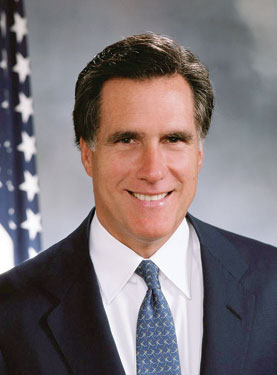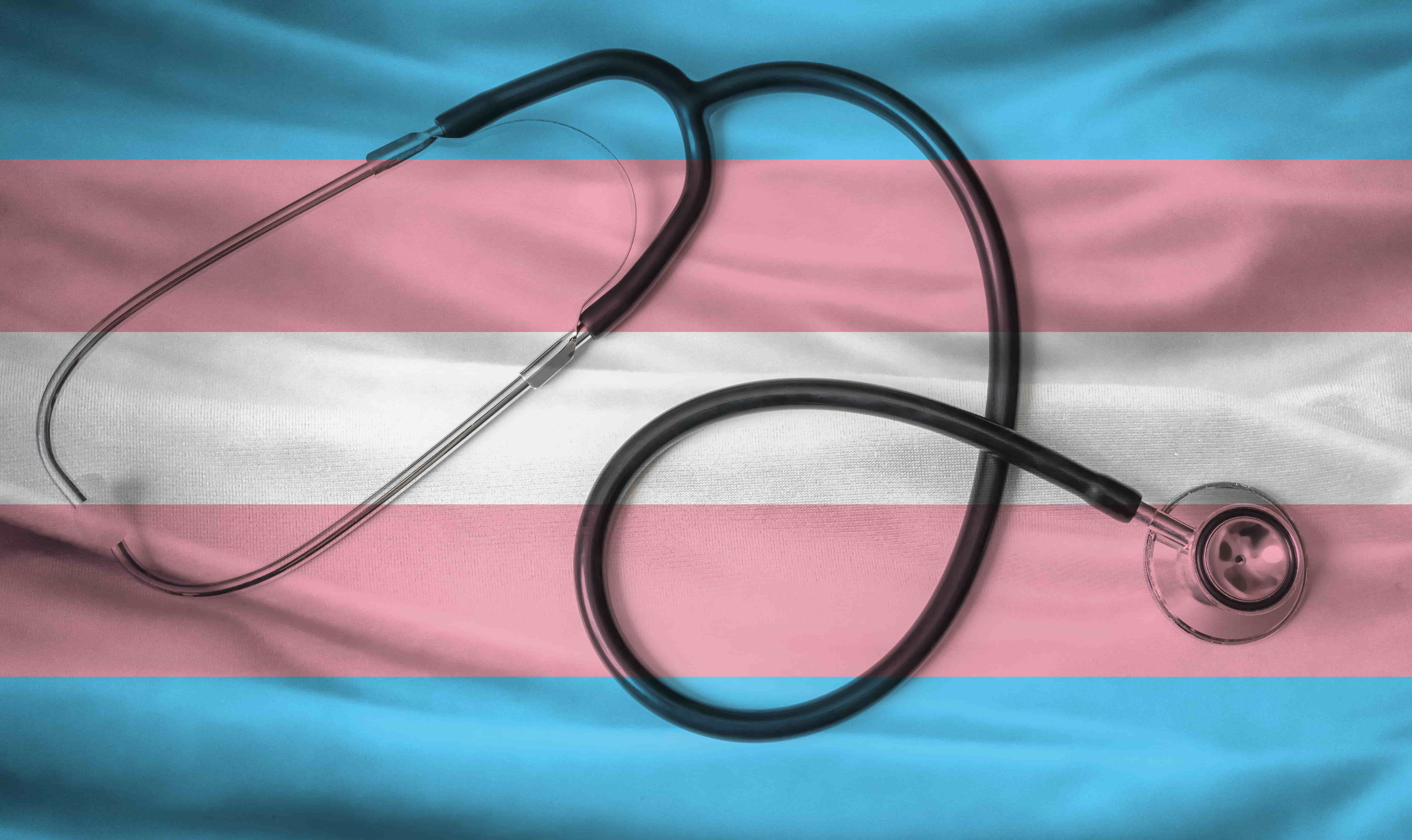Down to South Carolina
Gingrich, Santorum and Paul attempt to keep nomination from Romney
With a Jan. 19 debate – which follows another South Carolina-based debate held three days earlier – this weekend’s South Carolina primary appears, nonetheless, to hold dwindling hope for the would-be Republican nominees attempting to challenge frontrunner and former Massachusetts Gov. Mitt Romney for the presidential nomination.
With former Utah Gov. Jon Hunstsman Jr. dropping out of the race and endorsing Romney on Jan. 16 and Texas Gov. Rick Perry continuing to poll in the single digits in South Carolina, the race to unseat Romney appeared to be falling to former House Speaker Newt Gingrich (Ga.), who was nearly within striking distance of Romney in recent South Carolina polls, or Texas Rep. Ron Paul or former Pennsylvania Sen. Rick Santorum.

Mitt Romney
While the Romney campaign spent much of the day dealing with discussions of his tax returns and if and when he would release them following questioning on the issue at the Jan. 16 debate, Gingrich spent Jan. 18 trying to convince Santorum and Paul voters to turn to him in order to upset Romney in the primary to be held Saturday, Jan. 21.
”I think we have a very real chance to win. If you consolidate the three conservative candidates, we clearly would have a huge margin over Romney,” he told reporters in South Carolina, according to USA Today. ”The challenge to me is to convince conservatives to come home and have a single candidate on Saturday.”
Despite the fact that the Jan. 21 South Carolina primary is nicknamed the ”First in the South” primary and is the first contest this year to be held in a state that does not have marriage equality, no questions relating to LGBT issues were asked in the Jan. 16 debate. The only reference to such issues was a brief mention by Romney of his previously stated position that he doesn’t support discrimination but also opposes marriage equality.
The big news regarding LGBT issues and the GOP primary was the news that the candidate thought to be one of the most supportive of the GOP candidates on LGBT issues was leaving the race. Coming off what he had called his third-place “ticket to ride” finish in New Hampshire Jan. 10, former Utah Gov. Jon Huntsman Jr. nonetheless ended his campaign as the week began.
Criticizing the negative tone of the Republican primary, The Washington Post reported Huntsman said at a news conference held in South Carolina, “This race has degenerated into an onslaught of negative and personal attacks not worthy of the American people and not worthy off this critical time in American history.” After news of his pending plans broke online on Sunday night, Jan. 15, many people, including Daniel Strauss at The Hill, noted that Huntsman’s attacks on Romney quickly were scrubbed from his various online outlets.
“Despite our differences and the space between us on some of the issues,” Huntsman said on Monday morning, Jan. 16, Romney is the candidate to unite behind to defeat President Obama in November.
Huntsman, who had been polling at no higher than 5 percent in surveys in advance of the Jan. 21 primary in South Carolina, endorsed his former foe just one day after South Carolina’s largest newspaper, The State, endorsed Huntsman over Romney.
Hunstman, as governor and then in the presidential race, had been a supporter of civil unions for same-sex couples, saying in a debate on Jan. 7, “I think there’s such a thing as equality under the law.” Huntsman was thought to be the most moderate candidate in the Republican race, with his former service as Obama’s ambassador to China being considered by many to be a weak point in the Republican primary.
At the other ideological end of Republican politics, the evangelical movement on Jan. 14 took a stand to make it clear that, despite the growing perception that Romney has the Republican presidential nomination all but sealed up, they have not settled on the man Gingrich often refers to as the “Massachusetts moderate” for their pick for president.
About 150 evangelical and religious right leaders meeting over the weekend voted for former Pennsylvania Sen. Rick Santorum – who nearly bested Romney in the Iowa caucuses on Jan. 3 – as their pick for the GOP nod, although Gingrich was their second-place pick.
The Family Research Council’s Tony Perkins noted to reporters over the weekend, though, that it took three ballots to reach a consensus on a candidate. Moreover, Gingrich supporters continued into the week with loud support of the former House speaker in television and other appearances – suggesting the majority vote will not result in religious conservatives universally aligning around a single candidate.
The CNN/Southern Republican Presidential Debate is to be hosted by CNN’s John King, beginning at 8 p.m., Thursday, Jan. 19.
Support Metro Weekly’s Journalism
These are challenging times for news organizations. And yet it’s crucial we stay active and provide vital resources and information to both our local readers and the world. So won’t you please take a moment and consider supporting Metro Weekly with a membership? For as little as $5 a month, you can help ensure Metro Weekly magazine and MetroWeekly.com remain free, viable resources as we provide the best, most diverse, culturally-resonant LGBTQ coverage in both the D.C. region and around the world. Memberships come with exclusive perks and discounts, your own personal digital delivery of each week’s magazine (and an archive), access to our Member's Lounge when it launches this fall, and exclusive members-only items like Metro Weekly Membership Mugs and Tote Bags! Check out all our membership levels here and please join us today!

























